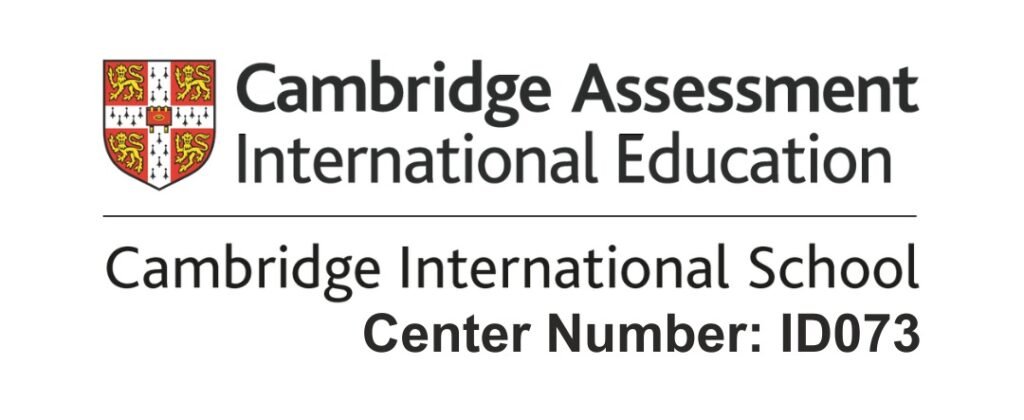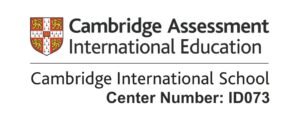In recent years, Virtual School Indonesia have gained significant popularity as an alternative to traditional brick-and-mortar education. One such institution leading the way is the Jakarta Future School (JFS), located in Indonesia. The school offers a cutting-edge virtual learning experience, leveraging technology to provide an adaptable and globally connected education. Here are the key advantages of enrolling in a Virtual School Indonesia like Jakarta Future School.
- Flexible Learning Schedule
One of the primary advantages of Virtual School Indonesiaat JFS is its flexible learning schedule. Students can access their lessons and assignments at their own pace, which allows them to better manage their time. This flexibility is particularly beneficial for students who might have other commitments, such as extracurricular activities or family responsibilities. Furthermore, it provides an excellent opportunity for self-paced learning, enabling students to progress faster in areas where they excel or spend more time on subjects that require additional focus.
- Personalized Learning Experience
JFS offers a highly personalized education, utilizing adaptive learning tools and technology that cater to the individual needs of each student. With this approach, lessons are tailored to a student’s learning style, helping them grasp concepts more effectively. Personalized education fosters a deeper understanding of subjects and helps students build on their strengths while addressing areas that need improvement.
- Global Access to Education
One of the most significant advantages of virtual learning at JFS is the ability to receive a global standard of education. Since the school operates virtually, students are not limited by geographic boundaries, and they can access lessons from anywhere in the world. This allows them to gain exposure to international curriculums and perspectives, which is particularly beneficial in today’s globalized world. Additionally, students are connected with peers and educators from various cultural backgrounds, encouraging diverse collaborations and a broader worldview.
- Reduced Distractions
Traditional school settings often have various distractions, from social interactions to the physical environment itself. Virtual School Indonesia like JFS offer a more controlled learning environment, where students can eliminate distractions and focus solely on their education. This setting can lead to better concentration and increased productivity, especially for students who may struggle in traditional classrooms.
- Technology Integration
JFS is at the forefront of integrating technology into education. Virtual schools inherently encourage the use of digital tools, which can enhance students’ technological literacy and prepare them for future careers in the digital economy. Students at JFS utilize various online platforms for assignments, video conferences with teachers, and access to educational resources, fostering skills that are essential in modern workplaces.
- Safety and Comfort
Learning from home provides a safer and more comfortable environment for students. In light of ongoing global health concerns, virtual schools like JFS offer a solution that keeps students safe while still providing a high-quality education. Additionally, students can learn in a space that is most comfortable for them, whether it be a quiet corner of their home or a favorite spot in a local cafe. This creates a stress-free atmosphere conducive to focused learning.
- Global Networking Opportunities
Virtual School Indonesia like JFS allow students to network with peers from around the world. This global network of classmates provides opportunities for collaborative projects, cross-cultural exchanges, and international friendships. In today’s interconnected world, this type of networking can be invaluable in shaping students’ personal and professional lives.
- Focus on Holistic Development
At Jakarta Future School, education goes beyond just academic excellence. The virtual platform provides opportunities for students to engage in a variety of extracurricular activities, including virtual clubs, sports, and art programs. These activities play a crucial role in the overall development of students, fostering creativity, critical thinking, and emotional intelligence.
- Parental Involvement
Virtual School Indonesia encourage more active involvement from parents in their child’s education. Since the learning environment is home-based, parents can easily monitor their child’s progress and offer support when necessary. JFS actively encourages communication between teachers and parents, ensuring a collaborative effort in the student’s academic journey.
- Sustainable and Eco-Friendly
By operating virtually, schools like JFS reduce the need for commuting, paper use, and the maintenance of physical school buildings. This eco-friendly approach not only minimizes the school’s carbon footprint but also helps reduce the environmental impact of education, which is crucial in today’s world.
Conclusion
Virtual School Indonesia at Jakarta Future School offers numerous advantages, from flexible learning schedules to global access to high-quality education. By embracing technology and personalized learning methods, JFS is paving the way for a future where education is accessible, adaptive, and suited to the needs of every student. As the world continues to evolve, virtual schools like JFS are likely to play an essential role in shaping the next generation of learners, equipped with the skills and knowledge to thrive in an increasingly digital world.



